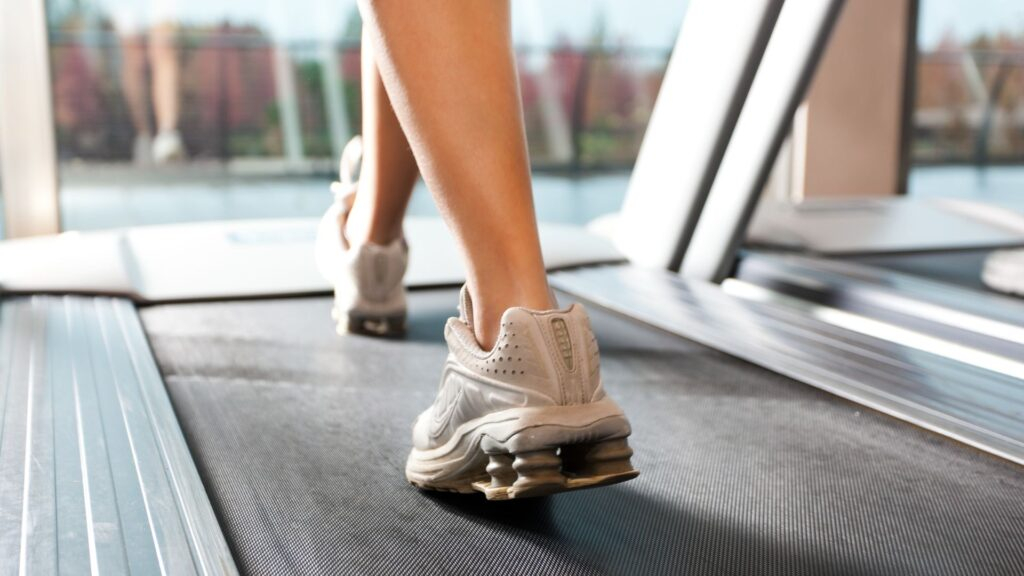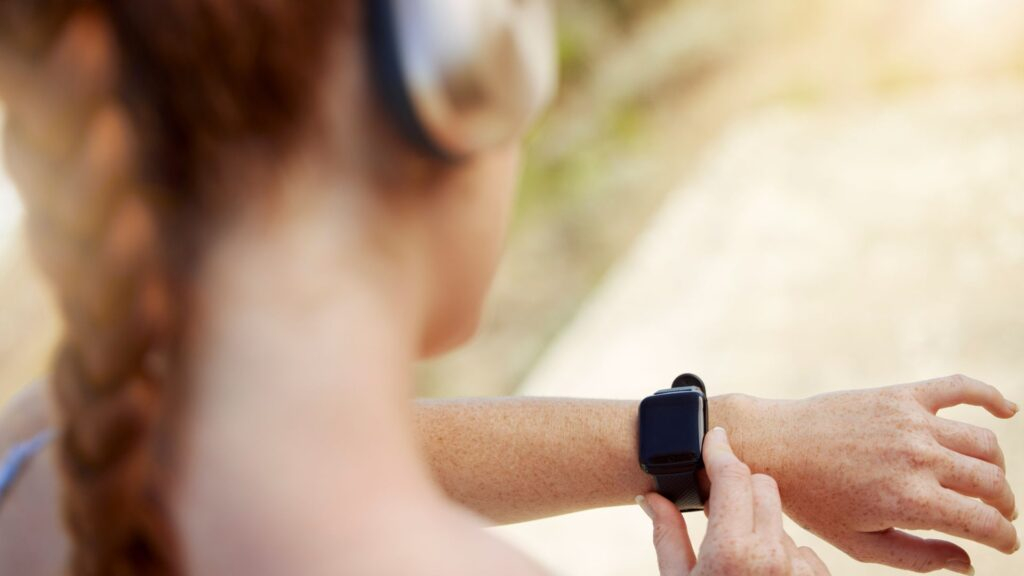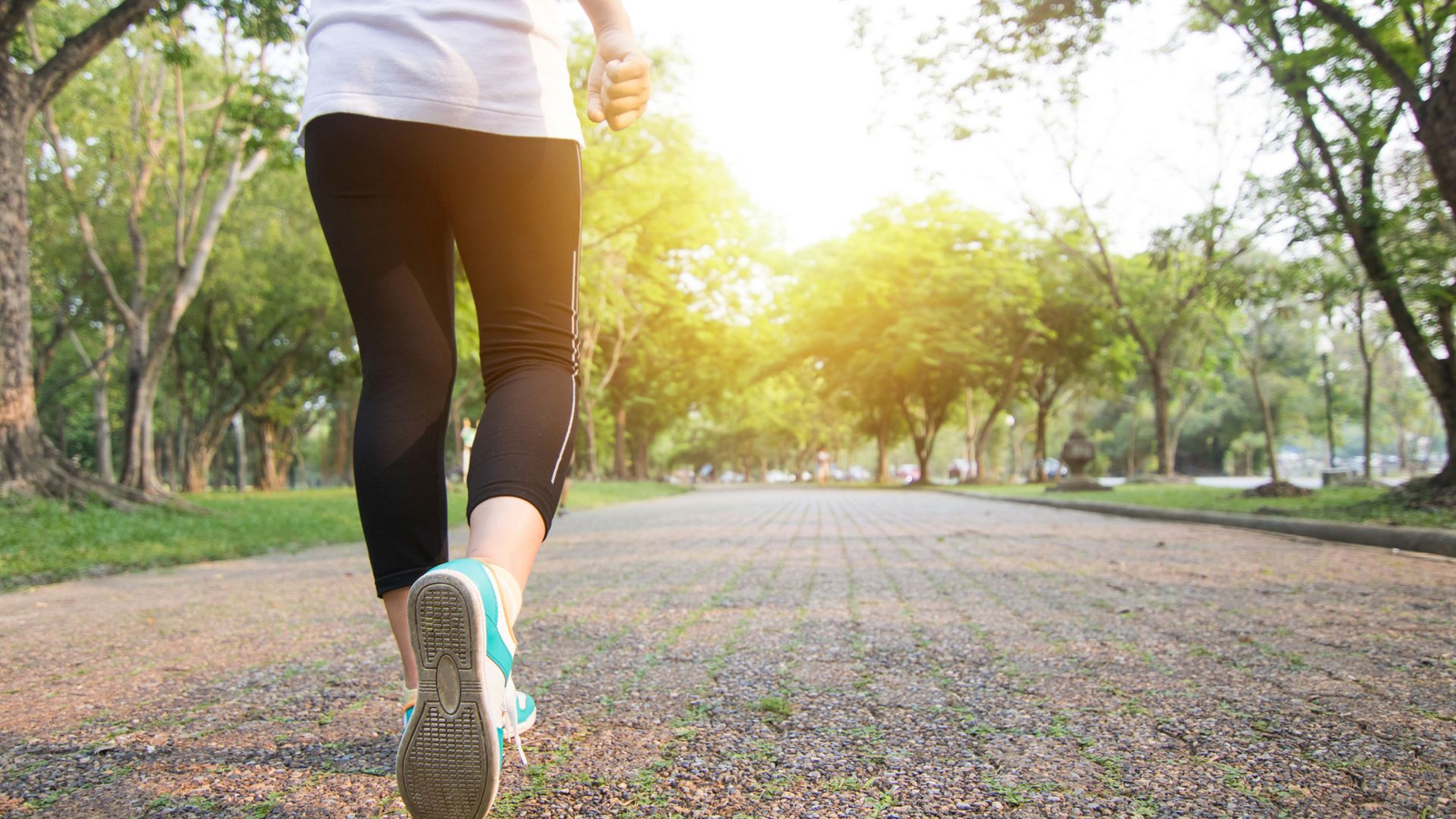Morning Walks: How 30 Minutes Can Transform Your Life (Science-Backed Benefits)

Introduction: The Power of a Simple Walk
Morning walks: Why 30 minutes can change your life? Because small steps often lead to big transformations. They say big changes start with small steps, and nothing could be truer when it comes to your health. Walking is one of the simplest, most accessible, and most effective forms of exercise—but have you ever wondered why adding just 30 minutes of walking to your morning routine can be a game-changer?
From boosting mental clarity to improving cardiovascular health, this daily habit can truly transform your well-being. And the best part? You don’t need fancy gym equipment or expensive memberships. Just a pair of comfortable shoes and a willingness to take that first step.
In this article, we’ll explore the science-backed benefits of morning walks, how they impact your physical and mental health, and tips to maximize their effectiveness.
1. The Science Behind Morning Walks: What Happens to Your Body? 🧬

Walking is often underrated, but research confirms that it’s one of the most beneficial activities for overall health. When you go for a 30-minute morning walk, several physiological and biochemical processes are activated in your body:
✅ Increased Oxygen Intake: Helps improve lung capacity and oxygen delivery to organs.
✅ Boosted Circulation: Encourages blood flow, reducing the risk of heart disease.
✅ Hormone Regulation: Balances cortisol (stress hormone) and serotonin (mood booster).
✅ Activated Metabolism: Enhances calorie burning and fat loss.
🔹 Scientific Insight: According to a study by the American Heart Association, walking for 30 minutes a day reduces the risk of heart disease, stroke, and high blood pressure by up to 35% (source).
2. Physical Benefits of a 30-Minute Morning Walk 🏃♀️
2.1. Improves Heart Health ❤️

Walking increases heart rate and circulation, helping lower blood pressure and bad cholesterol (LDL) while increasing good cholesterol (HDL).
🔹 Scientific Evidence: A study from Harvard Medical School found that walking reduces the risk of cardiovascular disease by 31% and decreases the chance of premature death (source).
2.2. Boosts Weight Loss & Metabolism 🔥
Morning walks jumpstart your metabolism, making your body more efficient at burning calories throughout the day.
🔹 Caloric Burn: A 30-minute brisk walk burns between 120-200 calories, depending on your weight and speed.

🔹 Fat Loss: Walking in a fasted state (before breakfast) promotes fat oxidation, making it a great habit for those looking to lose weight.
2.3. Strengthens Muscles & Bones 🦴
Walking engages major muscle groups, strengthens bones, and reduces the risk of osteoporosis.
🔹 Scientific Backing: A study in the Journal of Bone and Mineral Research confirmed that daily walking reduces the risk of hip fractures by 40% in older adults (source).
3. Mental Health Benefits of Walking in the Morning 🧠
3.1. Reduces Stress & Anxiety 😌
A morning walk in nature can significantly lower stress levels and promote relaxation.
🔹 Cortisol Control: Walking regulates cortisol, the primary stress hormone, reducing feelings of anxiety and tension.

🔹 Scientific Study: A 2021 study from Stanford University found that people who walk in nature experience lower activity in the brain regions associated with rumination and negative thinking (source).
3.2. Enhances Mood & Mental Clarity 🌞
Walking releases endorphins and serotonin, the “happiness hormones,” which can help combat depression and improve overall mood.
🔹 Cognitive Boost: Morning walks increase oxygen flow to the brain, enhancing memory, focus, and creativity.
🔹 Research Insight: A study published in JAMA Psychiatry found that walking just 8,000 steps per day reduces the risk of depression by 30% (source).
4. How to Maximize the Benefits of Your Morning Walk 🚶♀️💡
4.1. Walk in a Green Environment 🌿
Studies show that walking in parks, forests, or near water has greater mental health benefits than walking in urban settings.
🔹 Bonus Tip: Try “Earthing” – walking barefoot on grass or sand to connect with natural energy sources.
4.2. Use Interval Walking for Better Results ⏳
Instead of walking at a steady pace, mix in short bursts of fast walking (or even light jogging) to increase calorie burn and cardiovascular benefits.

🔹 Example: Walk for 2 minutes at a normal pace, then speed up for 1 minute, and repeat.
4.3. Walk with a Purpose 🏆
Whether it’s listening to a podcast, practicing gratitude, or setting goals for the day, making your walk more intentional enhances mental clarity and motivation.
5. How to Make Morning Walks a Daily Habit? 🕖
📌 Set a Fixed Time: Morning walks work best when they become a routine.
📌 Start Small: If 30 minutes feels overwhelming, start with 10-15 minutes and gradually increase.
📌 Find a Walking Buddy: Having a friend or pet can boost motivation.
📌 Track Your Steps: Use a smartwatch or phone app to monitor progress.
🔹 Fun Fact: Studies show that it takes 21 days to form a habit – challenge yourself to walk every morning for 3 weeks!

6. FAQs About Morning Walks ❓
Q1: Is walking in the morning better than walking at night?
🔹 Both have benefits, but morning walks help regulate circadian rhythms, boosting daytime energy and improving sleep quality at night.
Q2: What should I eat before a morning walk?
🔹 If walking on an empty stomach, drink a glass of water or have a small banana for energy. If you prefer to eat first, opt for light protein and fiber (e.g., Greek yogurt with berries).
Q3: Can morning walks replace the gym?
🔹 Walking is an excellent low-impact exercise, but for muscle building, consider adding resistance training 2-3 times a week.
Final Thoughts: Time to Take That First Step! 🚶♀️
A 30-minute morning walk may seem like a simple habit, but its long-term benefits are profound. From better heart health and weight management to mental clarity and stress reduction, this small change can lead to a healthier and happier life.
🌟 So, are you ready to start your morning walk routine? Share your thoughts in the comments below!
📌 Key Takeaways:
✅ Walking for 30 minutes daily improves heart health, metabolism, and mood.
✅ Scientific studies confirm its role in reducing depression, anxiety, and stress.
✅ Make it a habit by starting small, tracking your progress, and staying consistent.
🔗 References & Scientific Sources:
1️⃣ Harvard Medical School: https://www.health.harvard.edu/
2️⃣ American Heart Association: https://www.heart.org/
3️⃣ Stanford University Research: https://news.stanford.edu/






